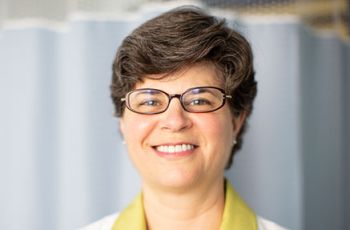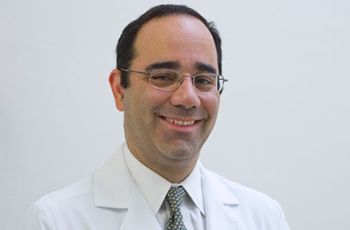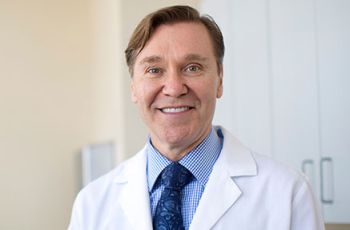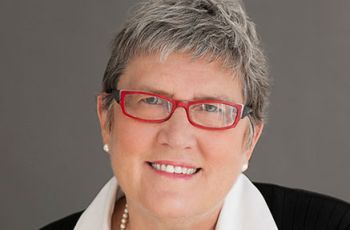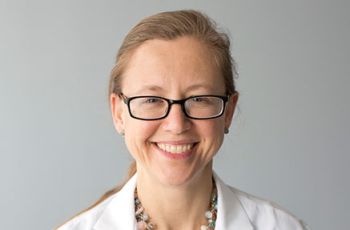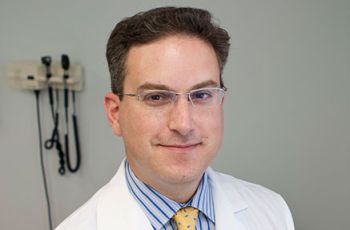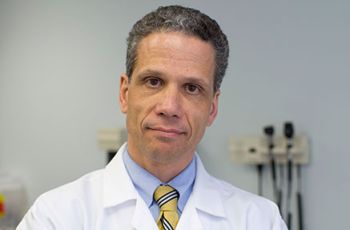Surgery
Joanne Lenert, M.D., assistant professor of surgery, was interviewed by BBC World Service radio's Health Check on nipple tattooing, specifically the work of a tattoo artist in Baltimore named Vinnie, who is known as the "Michelangelo of nipple tattoos."
Babak Sarani, M.D., chief of trauma and associate professor of surgery, held a reunion for former trauma patients of the George Washington University Hospital. He was mentioned in an article in The Free Lance-Star, based in Fredericksburg, Va., on one of his patient's journey.
Michael Olding, M.D., chief of the division of plastic surgery and professor of surgery, was a guest on HER Radio on RadioMD to discuss who are good candidates for plastic surgery after weight loss, as well as the risks and benefits with each procedure.
Laura Tosi, M.D., associate professor of orthopaedic surgery, was quoted in an article in The Sacramento Bee (via AP) claiming that, according to many doctors in the UK, the Victorian era epidemic rickets is making a comeback.
Anita McSwain, M.D., assistant professor of surgery, spoke with WUSA9 about what happens if something is found during a mammogram.
Zachary Litvack, M.D., assistant professor of neurological surgery, was interviewed by WUSA9 about a new book called "League of Denial," claiming that NFL executives used their own study to diminish the connection of football and head injuries.
Babak Sarani, M.D., associate professor of surgery and chief of trauma and acute surgery, was profiled in an MSNBC segment for his involvement in treating victims of the Navy Yard tragedy and the gunshot wounds he regularly treats as chief of trauma at the GW Hospital.
Zachary Litvack, M.D., assistant professor of neurological surgery, was interviewed by WTOP to discuss a new type of minimally-invasive brain surgery he performs at the George Washington University Hospital.
Zachary Litvack, M.D., assistant professor of neurological surgery, was interviewed by NBC4 about a minimally invasive procedure he performs called single-port intracranial endoscopy.
Karim Trad, M.D., assistant clinical professor of surgery, was featured in Medscape Medical News for a study suggesting that patients with gastroesophageal reflux disease might benefit more from transoral incisionless fundoplication than from continued treatment with proton-pump inhibitors.
